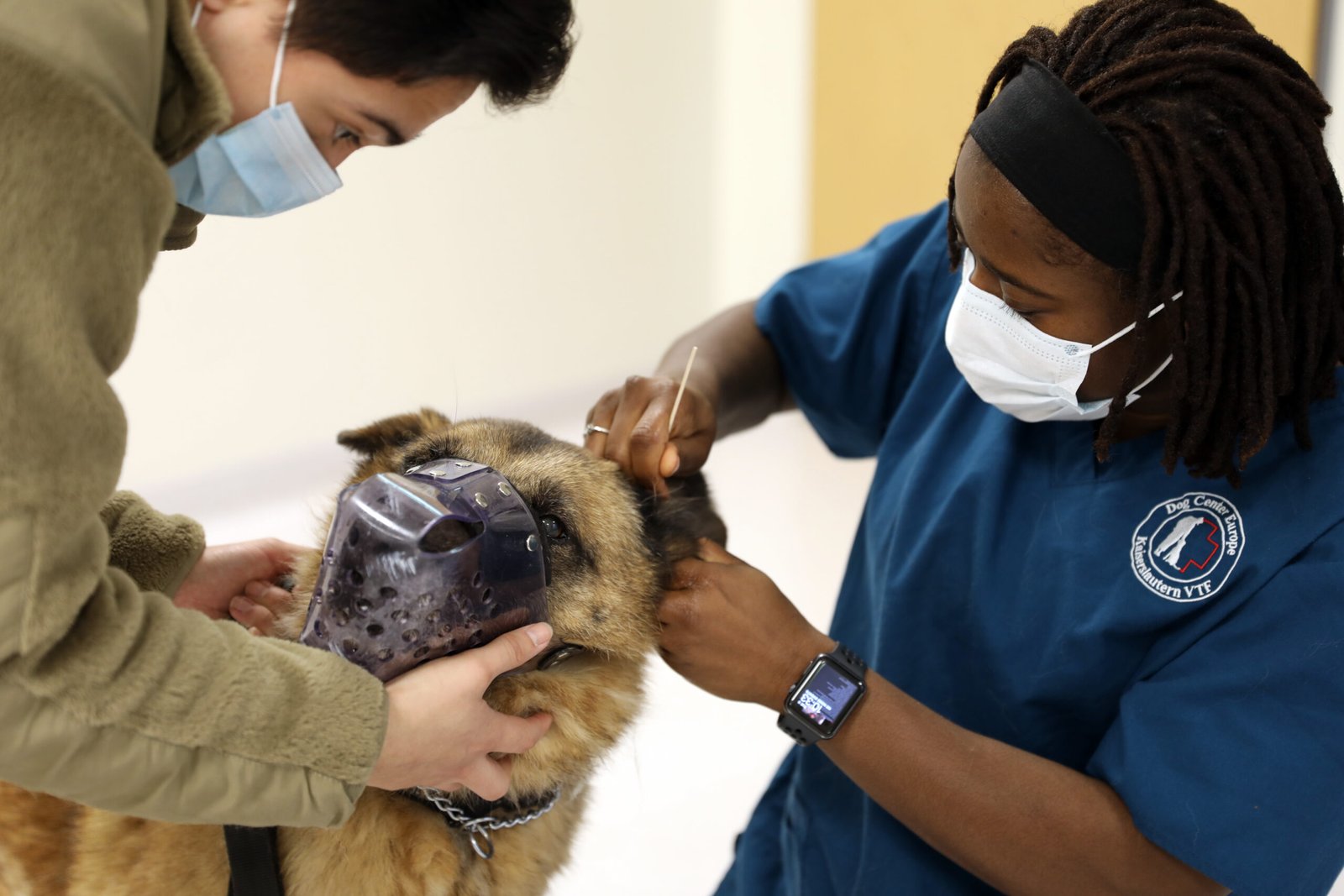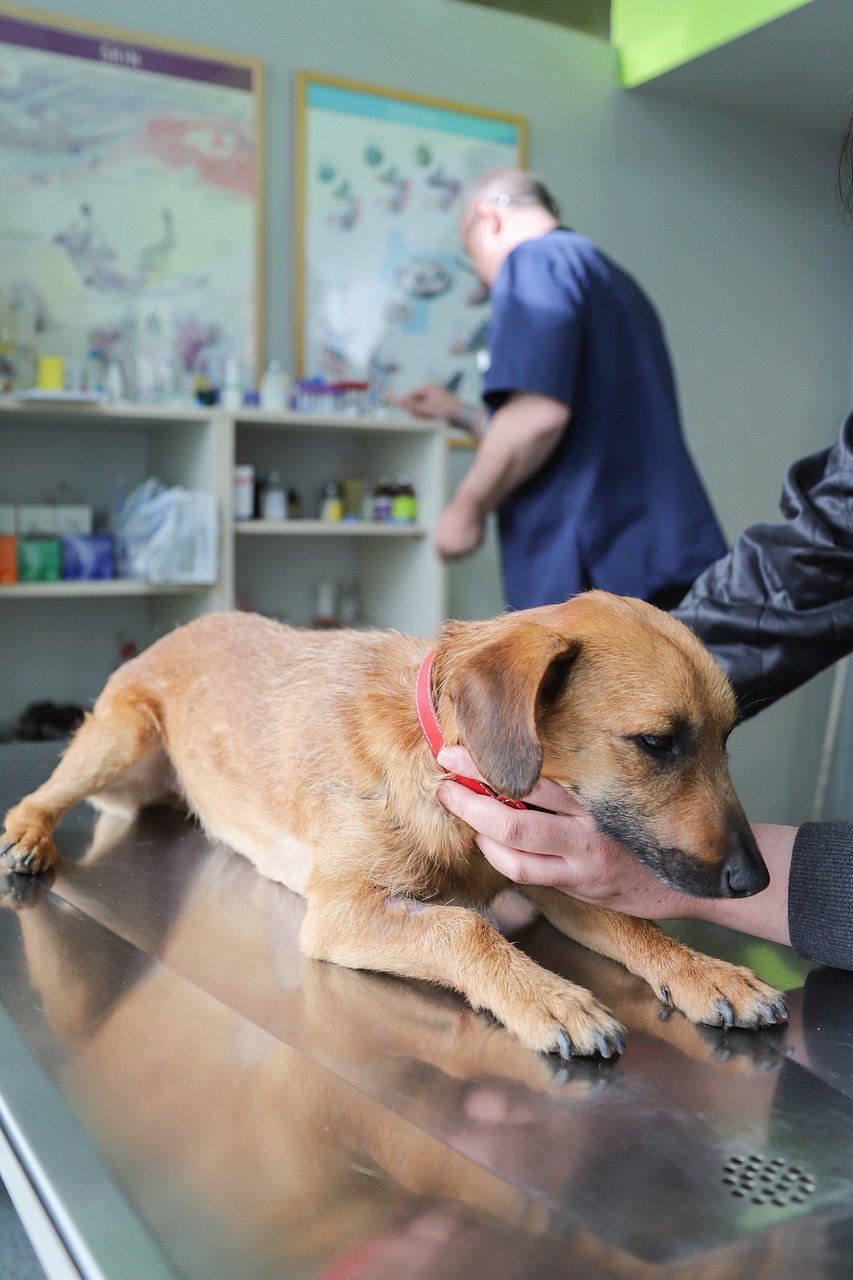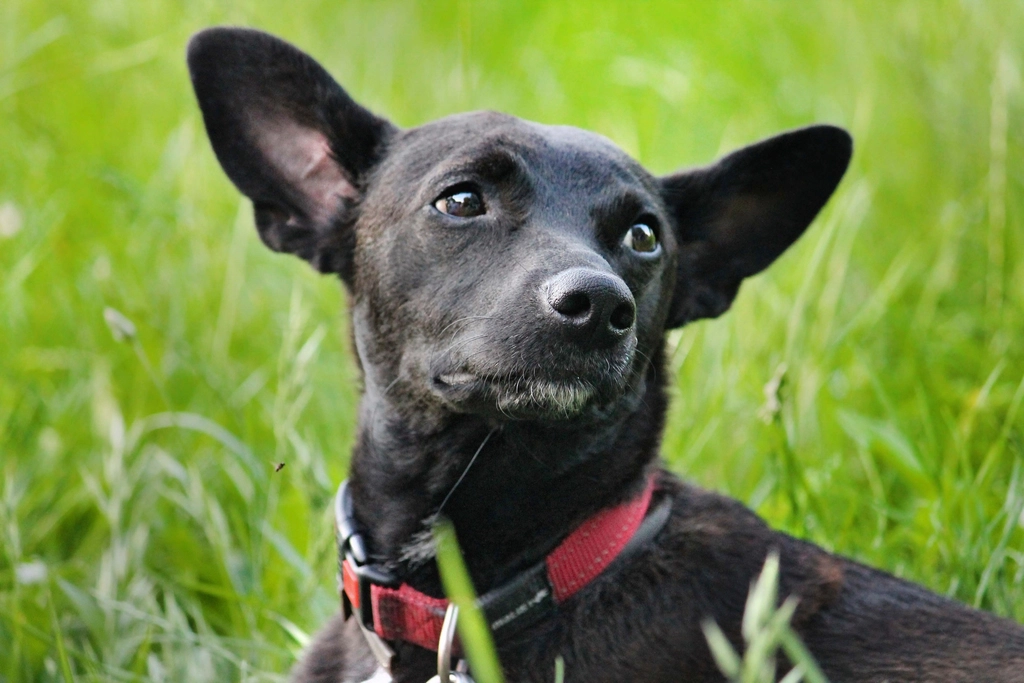Have you ever gazed into your dog’s eyes and wished you could freeze that moment forever? The bond between people and their canine companions is powerful—heartfelt, comforting, and sometimes even life-changing. But as much as we might wish otherwise, our dogs’ years with us can feel heartbreakingly short. The good news is, you have more influence over your pup’s lifespan than you might think. By adopting the right habits—and ditching the wrong ones—you can gift your furry best friend more happy, healthy years to wag their tail by your side. But be warned: not every “common sense” habit actually helps. Some surprising routines could even do more harm than good. Ready to discover which habits truly make a difference? Let’s dive into the 10 habits that will help your dog live longer—and the 10 that just won’t.
Regular Vet Visits: The Lifesaver Habit

Every dog owner dreams of giving their pup the happiest, healthiest, and longest life possible. From special diets to daily walks and supplements, we go the extra mile to keep our dogs thriving. But not all habits are as helpful as they seem—and some can actually do more harm than good. Knowing the difference between what truly benefits your dog’s health and what’s just well-intentioned guesswork can make all the difference in adding more joyful years to their life.
Taking your dog to the vet regularly is one of the most powerful habits you can develop. Regular checkups help spot hidden health problems early, before they become serious or even life-threatening. A thorough annual exam can reveal issues like dental disease, heart murmurs, or lumps that you may not notice at home. Vaccinations, parasite control, and routine blood work keep your dog protected against preventable illnesses. Just like with people, early intervention often means simpler, less expensive treatment and a much better outcome. Don’t wait until your dog seems sick—make those vet appointments a priority. It’s a simple way to show love and add precious years to your dog’s life.
Feeding a Balanced Diet: Fuel for Longevity
A nutritious, balanced diet is absolutely crucial for your dog’s long-term health. Feeding high-quality dog food—not table scraps or cheap fillers—gives your pup the nutrients they need to thrive. Dogs require the right mix of proteins, fats, vitamins, and minerals to support their muscles, organs, and immune system. Overfeeding or giving too many treats can lead to obesity, which is linked to diabetes, heart disease, and arthritis. On the other hand, underfeeding or providing a diet lacking in essential nutrients can cause weakness and chronic illness. Talk to your vet about the best food for your dog’s breed, size, and age, and stick to a consistent feeding schedule. It’s like fueling a car with premium gas instead of low-quality fuel—it just runs better and lasts longer.
Daily Exercise: Move for More Years
Exercise isn’t just about burning off energy; it’s essential for your dog’s physical and mental well-being. Dogs who get daily walks, playtime, or other forms of exercise tend to live longer, healthier lives. Movement keeps their joints flexible, muscles strong, and weight in check. Just as importantly, it helps prevent boredom and anxiety, reducing destructive behaviors. Whether it’s a brisk walk, a game of fetch, or a swim at the lake, make exercise a joyful part of your dog’s routine. The wagging tail and happy pant will be your reward, along with more years together to enjoy those adventures.
Maintaining a Healthy Weight: The Silent Protector
Keeping your dog at a healthy weight is one of the most important things you can do for their longevity. Extra pounds put stress on your dog’s joints, heart, and organs, leading to a host of problems like arthritis, heart disease, and even cancer. It’s easy to mistake chubbiness for cuteness, but those extra treats can take a real toll over time. Use a measuring cup for their meals, avoid free-feeding, and watch their waistline. If you can’t feel your dog’s ribs easily, it might be time to cut back a little. Remember, a fit dog is a happy dog—and likely a longer-lived one.
Dental Care: Don’t Forget Those Teeth
Many dog owners overlook dental care, but it’s crucial for a long, healthy life. Dental disease can lead to pain, tooth loss, and even infections that spread to the heart and kidneys. Brushing your dog’s teeth regularly, offering dental chews, and scheduling professional cleanings can make a world of difference. Imagine never brushing your own teeth—it wouldn’t take long for problems to arise. The same goes for dogs. Good oral hygiene is a simple habit that pays off in extra years and a happier, pain-free pup.
Mental Stimulation: Keep Their Minds Sharp
A bored dog is an unhappy dog, and a lack of mental stimulation can even shorten their lifespan. Dogs are smart, curious creatures who need regular challenges and enrichment. Puzzle toys, training sessions, and interactive games keep their minds sharp and spirits high. Just like people, dogs benefit from learning new things and solving problems. Mental stimulation can stave off cognitive decline in older dogs, helping them stay alert and engaged well into their senior years. Think of it as brain exercise—a vital piece of the longevity puzzle.
Socialization and Play: The Joy of Connection
Dogs are social animals who thrive on companionship, both with humans and other dogs. Regular play and social time reduce stress, improve behavior, and keep your dog emotionally healthy. Well-socialized dogs are less likely to develop anxiety, aggression, or fear-based issues that can impact their quality of life. Visit the dog park, set up playdates, or just spend time cuddling and talking to your furry friend. A happy, emotionally balanced dog tends to live longer—and those joyful moments together are priceless.
Grooming and Skin Care: More Than Just Looking Good
Regular grooming isn’t just about keeping your dog looking cute—it’s vital for their health. Brushing removes tangles, dirt, and loose fur, preventing painful mats and skin irritation. Bathing keeps their coat clean, while regular checks for lumps, ticks, or skin changes can catch health problems early. Nail trims prevent painful overgrowth and posture issues. Even if your dog doesn’t love bath time, these routines are a loving way to protect their health and extend their life.
Preventing Parasites: Tiny Threats, Big Impact

Fleas, ticks, heartworms, and other parasites might seem like minor nuisances, but they can cause major health problems. Left unchecked, parasites can lead to anemia, Lyme disease, or even fatal heartworm infections. Using preventive medications year-round, along with regular checks after walks or outdoor play, keeps your dog safe from these hidden dangers. It’s a simple habit that can easily add years to your dog’s life—and spare them a lot of discomfort.
Yearly Vaccinations: Shielding Against the Worst
Vaccinations are a key part of protecting your dog from deadly diseases like rabies, parvovirus, and distemper. Skipping vaccines puts your dog—and other pets—at risk for illness and even early death. Your vet can recommend the best vaccination schedule based on your dog’s age, lifestyle, and risk factors. Keeping up with these simple shots is an easy, effective way to make sure your dog sticks around for as long as possible.
Overfeeding: Too Much of a Good Thing
It’s tempting to spoil your pup with treats, but overfeeding is one of the biggest mistakes dog owners make. Those extra calories add up fast, leading to weight gain and all the health problems that come with it. Obesity is linked to a shorter lifespan and a lower quality of life. Resist those pleading eyes and stick to the recommended portions. Remember, your dog would rather have more healthy years with you than a few extra snacks today.
Ignoring Exercise: The Road to Decline

A sedentary lifestyle is as bad for dogs as it is for people. Dogs who don’t get enough exercise often become overweight, anxious, or even depressed. Lack of movement can also lead to muscle loss and stiff joints, making it harder for your dog to enjoy life as they age. Don’t let busy schedules or bad weather be an excuse. Find creative ways to keep your dog active, even if it’s just a game of tug in the living room. Their life literally depends on it.
Delaying or Skipping Vet Visits: Playing with Fire

Some owners put off vet visits for months or even years, thinking their dog looks “fine.” But many serious health issues show no obvious signs until it’s too late. Delayed treatment can turn a minor problem into a crisis, costing more money and putting your dog’s life at risk. Make routine care a non-negotiable habit, and never wait for an emergency to see the vet. Your vigilance could mean the difference between years gained or years lost.
Feeding Table Scraps: A Recipe for Trouble

Sharing your dinner with your dog might seem harmless, but many human foods are toxic to dogs. Ingredients like onions, garlic, chocolate, grapes, and even too much fat can cause serious health problems or even death. Dogs have very different nutritional needs than people, and table scraps can throw off their balance. Stick to dog-safe treats, and save the people food for yourself. It’s a small sacrifice for their safety.
Exposing Dogs to Secondhand Smoke: Breathing in Harm
Secondhand smoke isn’t just dangerous for people—it can seriously harm your dog, too. Inhaling smoke increases the risk of respiratory problems, allergies, and even cancer in dogs. If you smoke, do it far away from your pets, preferably outside and well-ventilated. Better yet, consider quitting for both your sakes. Your dog’s sensitive lungs will thank you, and you’ll both have more time to enjoy together.
Leaving Dogs Alone Too Long: The Loneliness Factor
Dogs are social creatures who need companionship and stimulation. Being left alone for long periods can lead to stress, anxiety, and destructive behaviors. Chronic loneliness can even weaken their immune system, making them more prone to illness. If your schedule keeps you away, consider hiring a dog walker, setting up playdates, or providing interactive toys to keep your pup engaged. Your dog’s happiness and lifespan are closely tied to feeling loved and included.
Ignoring Behavioral Issues: Small Problems, Big Consequences
Behavioral problems like aggression, anxiety, or fear can spiral out of control if ignored. Not only do they affect your dog’s quality of life, but they can also lead to dangerous situations and even early euthanasia in severe cases. Address issues early with training, patience, and professional help if needed. A well-behaved dog is safer, happier, and more likely to stay by your side for many years.
Using Harsh Training Methods: Breaking Trust, Shortening Life
Harsh punishment, yelling, or physical discipline can damage your relationship with your dog and cause long-term emotional harm. Stress and fear are linked to a weaker immune system and a shorter lifespan. Gentle, positive reinforcement builds trust and makes learning fun, resulting in a happier and healthier dog. Remember, your dog looks to you for guidance and love—not fear. Choose kindness, and you’ll both benefit.
Skipping Heartworm Prevention: A Deadly Gamble

Heartworm disease is a silent killer, and skipping prevention is a risk you don’t want to take. Transmitted by mosquitoes, heartworms grow inside your dog’s heart and lungs, causing irreversible damage or even death. Monthly preventives are easy to administer and so much safer than treating a full-blown infection. Don’t take chances with your dog’s life—make prevention a regular habit.
Letting Dogs Roam Unsupervised: Danger Around Every Corner
Letting your dog roam free might seem like a gift of freedom, but it’s fraught with dangers. Cars, poisons, aggressive animals, and getting lost are just a few of the risks. Even the best-trained dog can get distracted and end up in harm’s way. Always supervise your dog outdoors, use a leash or secure fence, and keep their safety top of mind. One careless moment can have tragic consequences, but careful habits can ensure many more years together.






